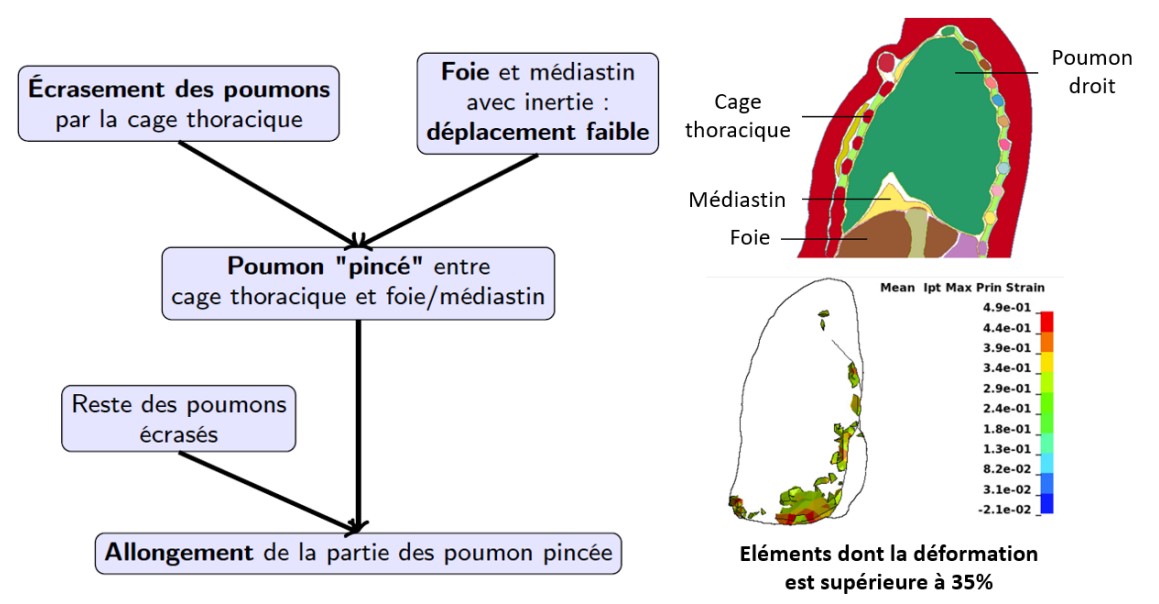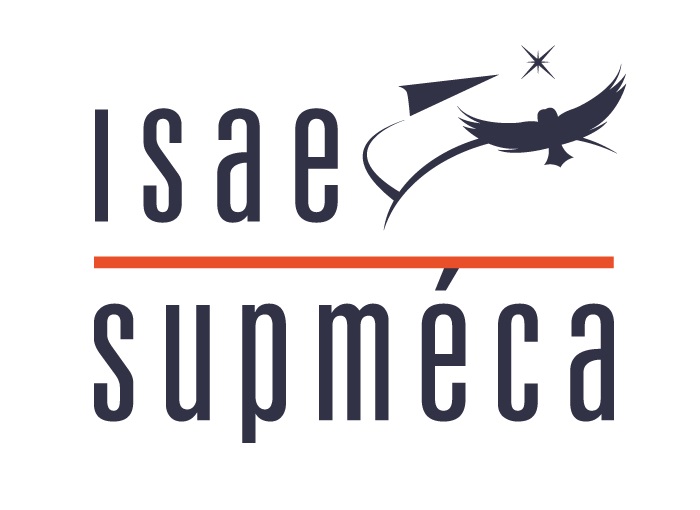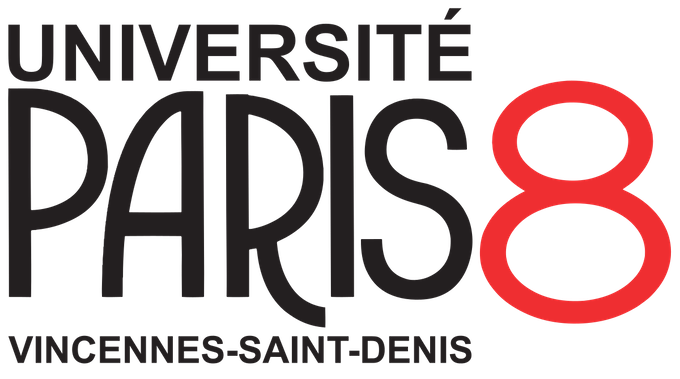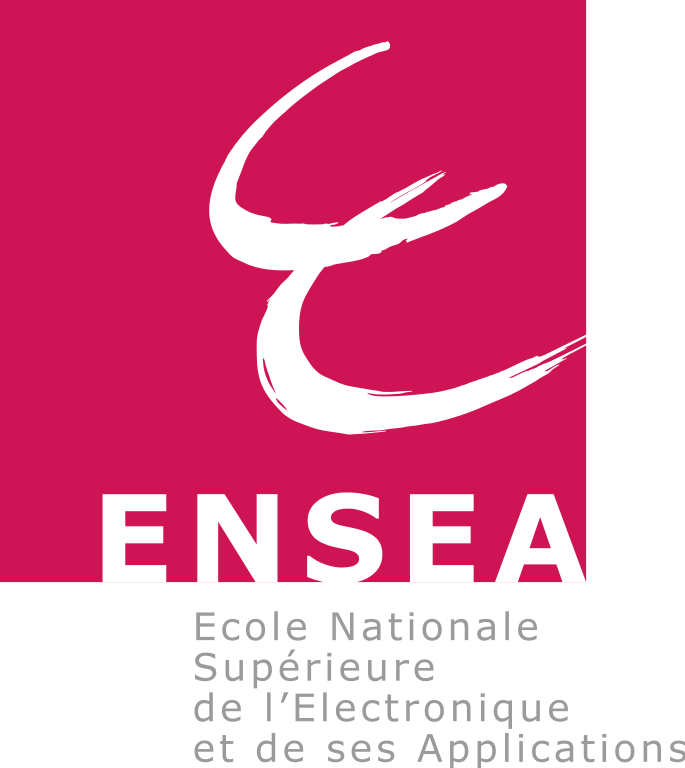Why continue your studies with a thesis ? How can I do it ?
As part of the Quartz laboratory seminars, we are offering you a special program to discover the possibility of pursuing a thesis after graduating from ISAE-Supméca.
This thursday 8 juin at 13h15 via Teams and in Amphi 1 at the ISAE-Supméca.
- Take part in Ariane MARTIN’s talk (class of 2019)
« Soldier protection against blast-generated shock waves : a better understanding of lung degradation mechanisms »
- Followed by a round-table discussion with doctoral students from the Quartz laboratory and PhDs, now personalities from industry and academia.
Abstract :
Lung injuries are the leading cause of death in the event of a blast. In order to protect the lungs, it is vital to understand the causes of this damage. At present, the effects of blast on the lungs are not well described. The aim of our work is therefore to understand the mechanisms of lung degradation in the face of blast, and to demonstrate the role of thoracic organ kinematics on the latter.
We have therefore studied the macroscopic localization of lung injuries in the face of blast, as well as the mechanisms of lung microstructure degradation in other, better-known situations, such as diving or assisted ventilation accidents. Sorting out these degradation mechanisms enabled us to determine that over-elongation of the alveolar walls can cause such injuries. This study was then coupled with a simulation of the effects of blast on the human body, showing the presence of elongation in a location similar to that of blast injuries.
A study of the kinematics of the thorax organs in the face of blast showed that this elongation was caused by the inertial effects of the thorax organs. The elongation present in the lungs in the face of a blast is of the order of the elongation at rupture of the alveolar walls. This suggests that blast-induced lung injury may be due to excessive elongation of the alveolar walls.




